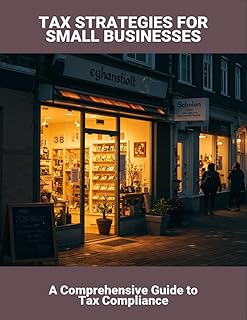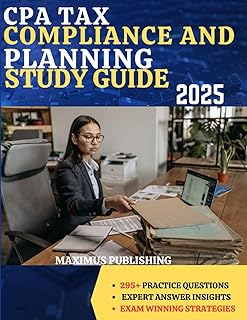Senior Accounting Officer (SAO) guidance provided by HM Revenue & Customs outlines the responsibilities of a Senior Accounting Officer in ensuring accurate and complete tax returns for all companies. This guidance, updated as of October 2024, aims to support companies in complying with tax regulations effectively.
The SAO guidance includes various sections detailing essential aspects such as how to use the guidance, management of qualifying companies by HMRC, defining qualifying companies, determining who qualifies as a Senior Accounting Officer, and the duty of the Senior Accounting Officer to provide a certificate to HMRC.
For companies managed by Large Business and Mid-sized Business, the SAO guidance outlines the tax compliance risk management process. Understanding when penalties are chargeable, addressing failures or inaccuracies, and considerations for reasonable excuses are crucial components covered in the guidance.
In cases where penalties are assessed, the guidance provides insights into the penalty assessment process, including information on appeals and other relevant matters. Additionally, a glossary of terms is included to facilitate a better understanding of the terminology used within the guidance.
Compliance with the Senior Accounting Officer provisions is vital for companies to avoid penalties and ensure adherence to tax regulations. The guidance serves as a valuable resource for companies to navigate the complex landscape of tax compliance effectively.
Experts emphasize the importance of robust tax compliance practices within organizations, particularly with the increasing scrutiny on corporate tax affairs. Failure to comply with tax regulations can result in financial penalties and reputational damage for companies.
Historically, tax compliance has been a key focus area for regulatory authorities globally. Governments continually update regulations and guidelines to enhance tax transparency and combat tax evasion, making it essential for companies to stay abreast of regulatory changes.
The Senior Accounting Officer guidance aligns with the broader trend of heightened regulatory oversight in the financial and accounting sectors. Regulatory compliance has become a top priority for organizations, necessitating proactive measures to ensure adherence to evolving tax laws.
As companies strive to maintain financial integrity and regulatory compliance, the role of Senior Accounting Officers becomes increasingly critical. These officers play a pivotal role in upholding tax compliance standards and mitigating risks associated with non-compliance.
In conclusion, the Senior Accounting Officer guidance serves as a comprehensive resource for companies to enhance their tax compliance practices and fulfill their obligations under tax regulations. By following the guidance provided, companies can navigate the complexities of tax compliance with diligence and accuracy.
📰 Related Articles
- Superannuation Fund Pensions: Essential End-of-Year Compliance Tips
- Esri Winter 2024 Training & Certification: GIS Professionals’ Essential Guide
- iHeart Media: Trailblazing Entertainment Updates and Insights
- World Business Forum Sydney 2024: Purpose-Driven Strategies for Success
- Women in Wealth Awards 2024 Honor Industry Leaders






